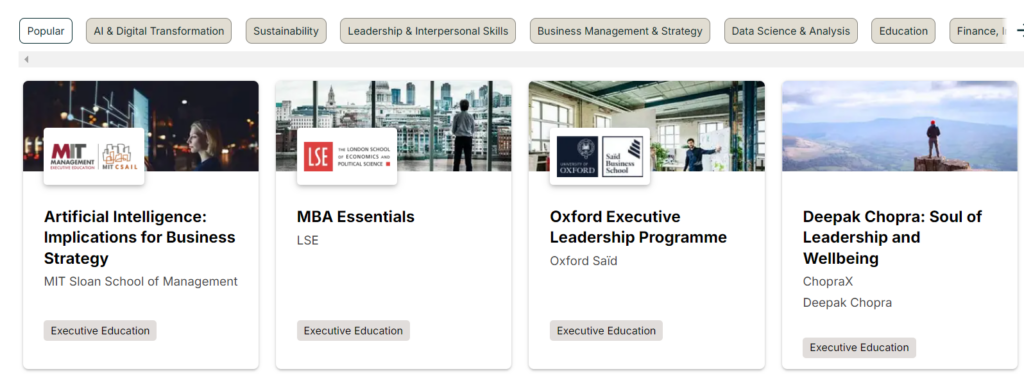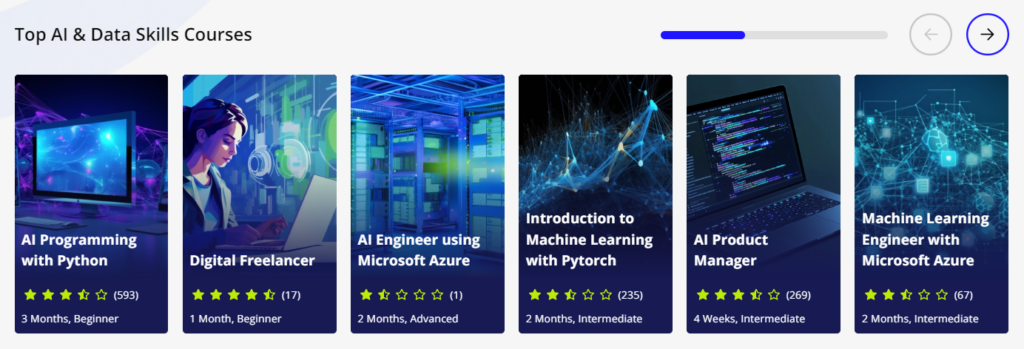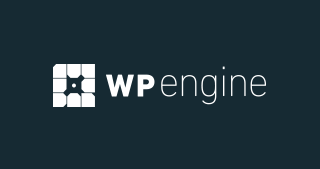Introduction
In today’s fast-paced world, online education has become an essential resource for personal and professional growth. With a variety of platforms available, learners can now access high-quality education from the comfort of their homes. Two of the most prominent online education platforms, edX and Udacity, have garnered significant attention due to their unique offerings, collaborations with renowned institutions, and focus on skill development.
Whether you’re a professional looking to advance your career, a student seeking additional learning opportunities, or simply someone passionate about gaining new knowledge, understanding the differences between these platforms can help you choose the right one.
In this detailed comparison, we’ll explore the key features, pricing models, and target audiences of both edX and Udacity. This guide will help you make an informed choice about which platform is best suited to your personal and professional development needs.
Overview
Overview of edX
edX is a non-profit online learning platform founded by Harvard University and MIT in 2012. It partners with prestigious universities and institutions worldwide, including Berkeley, Oxford, and Microsoft, to provide learners with access to high-quality courses across a range of subjects. edX’s mission is to increase access to education for everyone, providing a vast selection of courses, certificates, and degrees in areas such as technology, business, and the humanities.
edX offers a mix of free and paid content, including MicroMasters, Professional Certificates, and full degree programs. The platform is especially known for its collaboration with leading universities, making it a popular choice for individuals seeking academic knowledge and credentials from top institutions.

Overview of Udacity
Udacity, founded in 2011, began as an initiative to offer university-style courses in a more focused, tech-driven manner. Unlike edX, which emphasizes a broader range of academic subjects, Udacity focuses on skill development for in-demand tech jobs, particularly in fields such as data science, artificial intelligence, programming, and cloud computing.
What sets Udacity apart is its Nanodegree programs—comprehensive courses designed in collaboration with industry leaders like Google, Amazon, and Nvidia. These programs are project-based, offering hands-on experience to prepare learners for real-world challenges in tech industries. Udacity’s key strength lies in providing education that’s directly aligned with industry demands, making it a strong choice for career changers or those aiming to upskill in technical fields.

Features
Let’s break down the features of both platforms to understand their core differences and unique offerings.
1. Course Catalog and Variety
- edX: Boasts a vast course catalog, offering more than 3,000 courses in diverse subjects ranging from computer science to philosophy, biology, business, and languages. edX’s strong academic partnerships ensure the courses are research-based and academically rigorous. Learners can pursue undergraduate-level courses, professional certificates, and even full master’s degrees. The platform also features MicroBachelors and MicroMasters programs, offering university credits for some courses.
- Udacity: Specializes in tech-focused programs, including web development, AI, machine learning, cloud computing, data science, and cybersecurity. While its catalog is more limited than edX, its highly curated courses provide deep dives into these specific fields. Udacity is known for offering career-oriented courses that equip learners with practical skills relevant to today’s job market.
2. Course Delivery Style
- edX: Courses on edX are typically more academic, with lecture-based content, quizzes, discussion forums, and graded assignments. Many courses are self-paced, while some run on a fixed schedule. Some courses offer the option of verified certificates or university credits, but learners can also audit courses for free.
- Udacity: Focuses on project-based learning with real-world applications. Nanodegree programs feature mentor support, peer reviews, career coaching, and personalized feedback. The programs are designed to mirror actual work scenarios, helping students build portfolios that showcase their skills to potential employers.
3. Partnerships
- edX: Partners with over 160 leading universities and organizations such as MIT, Harvard, Microsoft, IBM, and others. edX courses are often created by professors or professionals from these institutions, ensuring a high level of academic credibility.
- Udacity: Collaborates with tech giants like Google, Nvidia, and IBM to create industry-aligned content. This ensures that the curriculum is relevant to current job trends, with input from companies that are shaping the future of technology. Udacity’s focus is squarely on career readiness, especially in high-demand areas like AI, autonomous systems, and digital marketing.

4. Certification and Degrees
- edX: Offers a wide range of certification options, from verified certificates for individual courses to Professional Certificates and even full degree programs. Notably, edX offers university credits for some of its MicroMasters and MicroBachelors programs, allowing learners to earn academic credentials that can be transferred to full degree programs.

- Udacity: Primarily offers Nanodegree programs, which are shorter than traditional degrees but designed to provide focused, career-oriented education in a specific field. Although these programs don’t offer academic credit, they are highly valued by tech employers due to their practical nature and collaboration with industry leaders.
5. Learning Support
- edX: Provides support through discussion forums where learners can interact with instructors and fellow students. While academic support is available, it’s not as personalized as Udacity’s mentor-driven approach.
- Udacity: Offers 1-on-1 mentorship, personal feedback on projects, and career services that include resume reviews and interview coaching. This level of personalized support makes it a more immersive learning experience, especially for career-focused students.
Pricing
The cost of online education can vary significantly depending on the platform and the type of program or certification you’re pursuing. Let’s take a look at how edX and Udacity compare in terms of pricing.
edX Pricing:
- Audit Option: Most edX courses can be audited for free. This allows learners to access all course materials without receiving a certificate or taking graded assignments.
- Verified Certificates: For learners who want a certificate upon completion, edX offers paid verified certificates, which typically range from $50 to $300 per course, depending on the subject and institution.
- MicroMasters & MicroBachelors: These programs, which can lead to university credits, generally cost between $500 and $1,500.
- Degree Programs: Full degree programs on edX, such as master’s degrees, can range from $10,000 to $25,000. This is more affordable compared to traditional on-campus programs.
Udacity Pricing:
- Nanodegree Programs: Udacity’s Nanodegree programs are generally priced between $1,000 and $1,500, with the option of paying monthly or in full. Programs typically last 3 to 6 months, and some financial aid is available for those who qualify.
- Free Courses: While Udacity offers some free courses, these are often introductory and do not come with certification or mentorship.
FAQ
1. Which platform offers more free content?
edX offers a more extensive selection of free courses through its audit option, though they do not come with certification unless you pay for the verified certificate. Udacity also offers free courses, but these tend to be shorter, introductory courses without the in-depth support and feedback of their paid Nanodegree programs.
2. Can I earn a full degree on these platforms?
Yes, on edX you can pursue full master’s degrees from top universities. Udacity, on the other hand, does not offer full academic degrees but focuses on Nanodegrees that provide specific, job-ready skills.
3. Which platform is better for career change or advancement?
Udacity may be better suited for those looking to transition into tech-focused careers or upskill in a specific technical field due to its emphasis on real-world projects and industry collaborations. edX, with its academic courses and degree options, is better for learners seeking a broader range of subjects and those looking for university-level credentials.
4. What is the duration of courses on these platforms?
edX courses vary in length, typically from 4 to 12 weeks, depending on whether it’s a self-paced or instructor-led course. Degree programs can take 1 to 2 years to complete. Udacity’s Nanodegree programs usually take 3 to 6 months, depending on the student’s pace.
5. Do these platforms offer financial aid?
Yes, both platforms offer financial aid. edX provides financial assistance for many of its paid courses, and Udacity offers scholarships and financing options for its Nanodegree programs.
6. How do I earn a Nanodegree certificate?
To earn a Nanodegree certificate, you must complete all the required coursework, including real-world projects that are evaluated by mentors. Upon successful completion, you’ll receive a certificate that you can add to your resume or LinkedIn profile.
7. How do I receive a certificate from edX?
To receive a certificate, you need to enroll in the verified track of a course, complete all required assignments, and pass the assessments. You’ll then be awarded a verified certificate that you can share on your resume or LinkedIn profile.
Conclusion
Both edX and Udacity offer powerful tools for lifelong learning but cater to different educational needs. If you are looking for university-affiliated courses, broad academic subjects, and full degree programs, edX is the way to go. It offers flexibility in auditing courses for free while also providing recognized certifications and degree paths.
On the other hand, if you are seeking career-specific, hands-on training in tech fields, Udacity stands out. With its project-based learning approach, 1-on-1 mentorship, and strong industry partnerships, Udacity is designed for learners who want to upskill or shift careers into high-demand tech sectors.
In the end, the best platform for you depends on your personal goals—whether you are looking for academic credentials, career advancement, or simply want to learn something new. Both platforms offer high-quality learning experiences, but choosing the right one will ultimately come down to what you hope to achieve through your educational journey.



